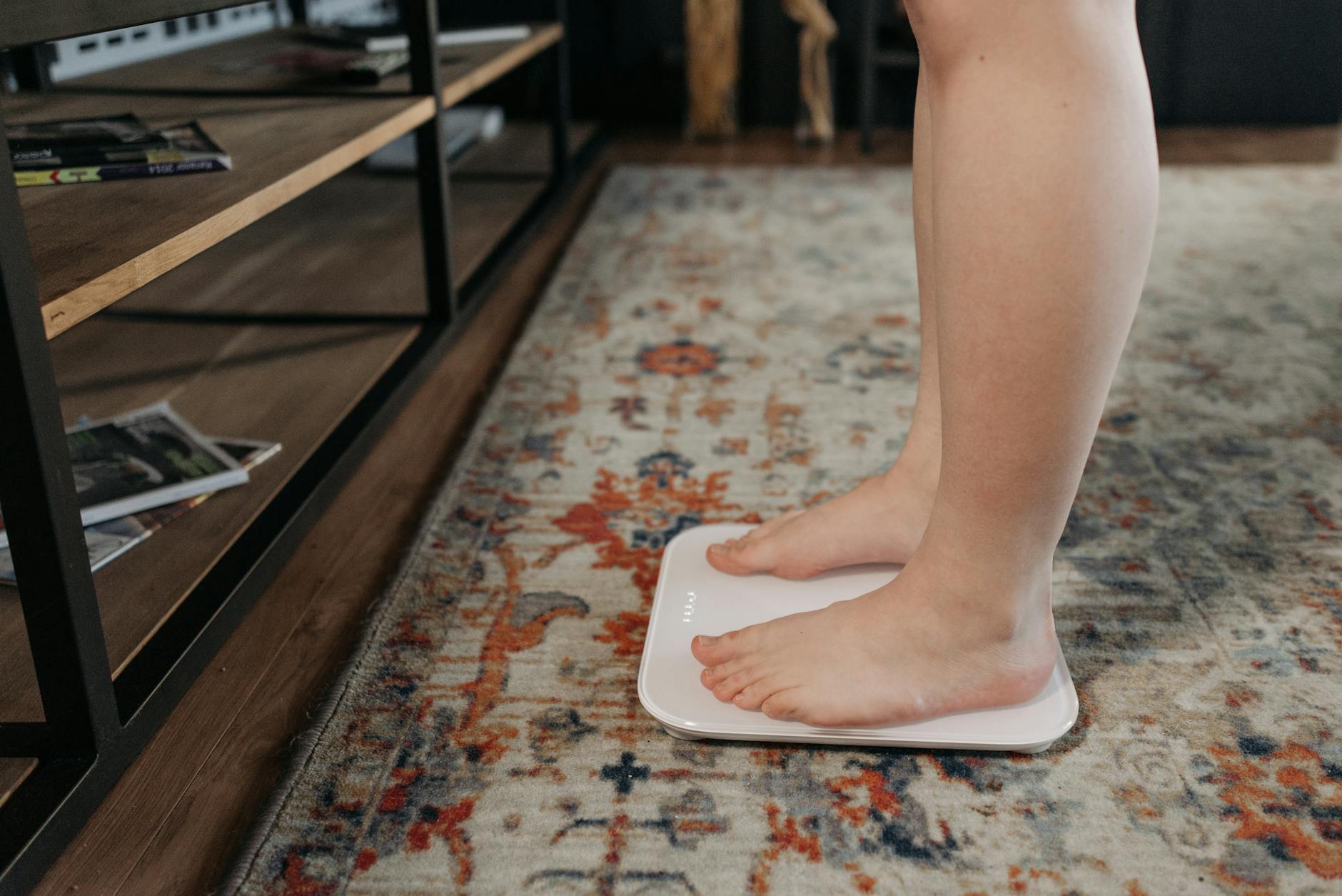What is habit tracking systems?
What is habit tracking systems?
Habit tracking systems have gained significant traction in recent years, becoming a powerful tool for personal and professional development. Whether you’re trying to improve your productivity, manage your time better, or simply cultivate healthier habits, understanding how to track these behaviors can make a difference. So, what exactly is a habit tracking system, and how can it help you?
Understanding Habit Tracking Systems
Habit tracking systems are essentially methods or tools used to monitor and evaluate the habits you want to cultivate or eliminate. The purpose is straightforward: keep a record of your behaviors to understand patterns and make improvements.
Definition of Habit Tracking Systems
A habit tracking system is any structured approach that allows you to document your habits over time. It can be as simple as marking an “X” on a calendar for each day you complete your goal, or it can involve sophisticated tracking apps that analyze your progress. The key is to create a system that is both effective and sustainable for your lifestyle.
History and Evolution of Habit Tracking
Habit tracking isn’t a new concept. Historically, people have used journals and calendars to note their behaviors. In ancient times, monks kept meticulous records of their daily prayers and rituals. Fast forward to the digital age, where technology has transformed how we track habits. Today, there’s an array of apps—like James Clear’s Ultimate Habit Tracker Guide—that can help seamlessly log your habits and visualize your progress.

Photo by Pavel Danilyuk
Benefits of Implementing Habit Tracking Systems
Implementing a habit tracking system can significantly enhance your personal development journey. Here are some key advantages:
Improved Accountability
Tracking your habits fosters a sense of accountability. When you log your actions daily, it becomes harder to ignore missed opportunities for improvement. The simple act of recording can motivate you to stick to your commitments and hold yourself to a higher standard.
Enhanced Goal Achievement
Setting goals without a method to track them often leads to disappointment. A well-structured habit tracking system helps you break down your long-term aspirations into manageable steps, making it easier to achieve them. Whether your goal is to exercise three times a week or read a book a month, habit tracking guides you along the way.
Motivation and Progress Visualization
Visualizing your progress can be incredibly motivational. Seeing your achievements—whether it’s a streak of completed workouts or a calendar filled with checkmarks—provides instant gratification. According to Ness Labs, this visualization not only boosts your mood but also reinforces your commitment to building positive habits.
Popular Habit Tracking Tools and Methods
There’s no shortage of tools available for tracking habits, ranging from digital apps to traditional methods. Here’s a brief overview:
Digital Habit Tracking Apps
- Habitica: A gamified approach to habit tracking that turns your tasks into quests.
- Streaks: A simple, user-friendly interface for tracking up to 12 tasks at a time.
- Way of Life: This app allows you to gather extensive data about your habits, helping you identify trends and patterns. For more options, check out Zapier’s list of best habit tracker apps.
Analog Methods for Habit Tracking
Some prefer the tactile feel of paper. Bullet journals or dedicated habit tracker notebooks are popular analog methods. These allow for creativity and personalization, making the process more engaging. You can find various templates online that help you get started.
Best Practices for Effective Habit Tracking
To maximize the benefits of habit tracking, here are some best practices to consider:
Setting Realistic Goals
It’s important to set achievable goals. Using the SMART criteria (Specific, Measurable, Achievable, Relevant, Time-bound) can help you outline clear objectives. Instead of saying, “I want to exercise more,” consider stating, “I will walk for 30 minutes every day this week.”
Consistency and Review Techniques
Consistency is crucial in habit tracking. Making it part of your daily routine—like checking your tracker each evening—will help reinforce your new habits. Additionally, set aside time weekly or monthly to review your progress. This reflection will allow you to celebrate your successes and reassess your strategies where needed.
Conclusion
In summary, habit tracking systems offer a structured way to cultivate positive habits and eliminate negative ones. By implementing a habit tracking system, you can enhance accountability, achieve your goals, and visualize your progress effectively. Whether you choose a digital app or stick to traditional methods, the key is to start today. The journey of a thousand miles begins with a single step—so why not take that step now?